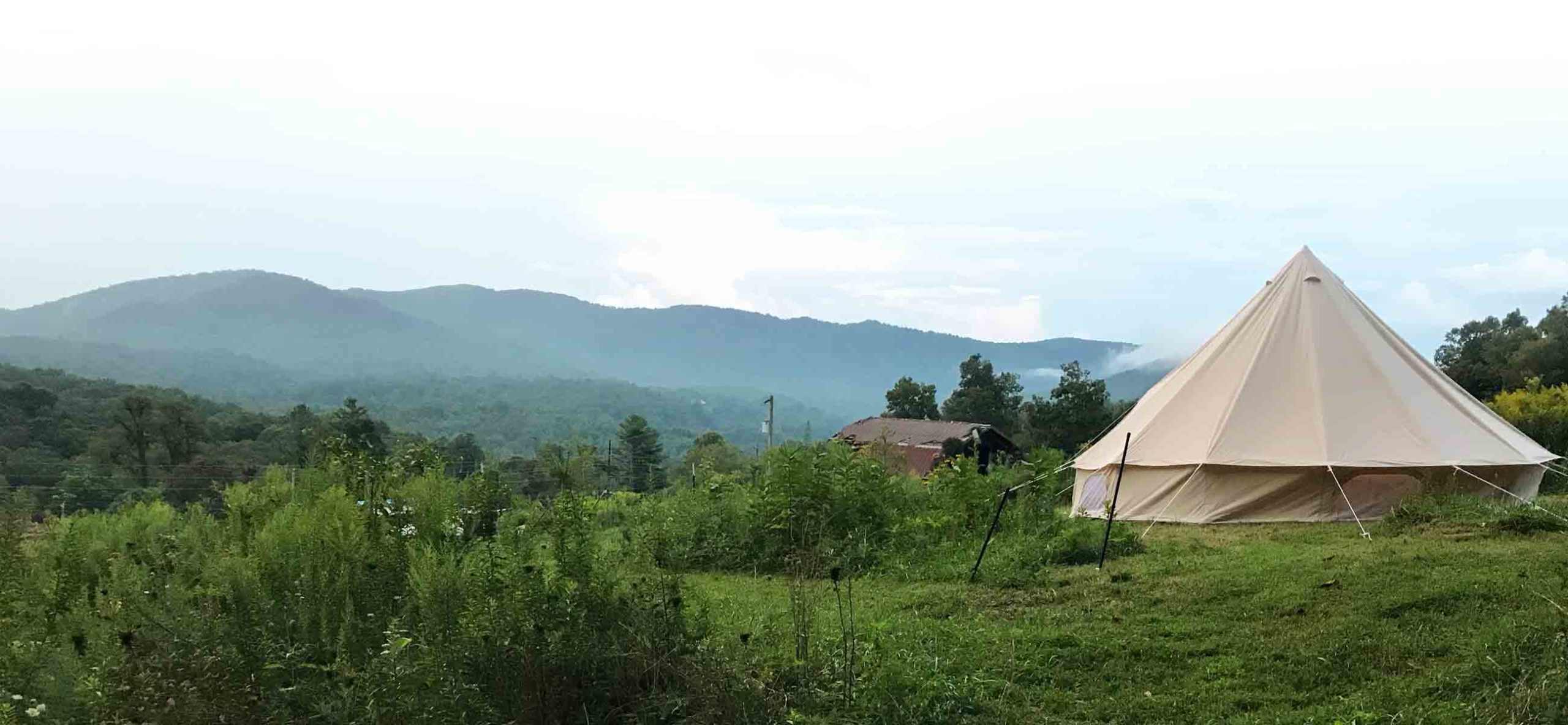FEATURED FARMER:
Phillip Crosby
How he got there is what we wanted to know.
Phillip grew up in Central Florida in a conventional farming community where oranges and strawberries were abundant. His grandfather had a 20 acre orange grove which has since died, unfortunately following the trend of many orange groves in Florida.

That New York experience is where Phillip would meet a friend that he would bike with for 10 months from Oregon to Peru. His co-pilot on the adventure wrote a best-selling book about the journey called To Shake The Sleeping Self.
The adventure taught him about the ancient traditions and agrarian ideals of Latin American cultures, especially Mexico, where multigenerational families often live on the same compound and steward and appreciate the land that provides for their sustenance.
It was this trip that connected the dots between agriculture and health.
Phillips goal is to integrate the ideology and research he has accumulated over the past 10 years into creating a community centered around real food.
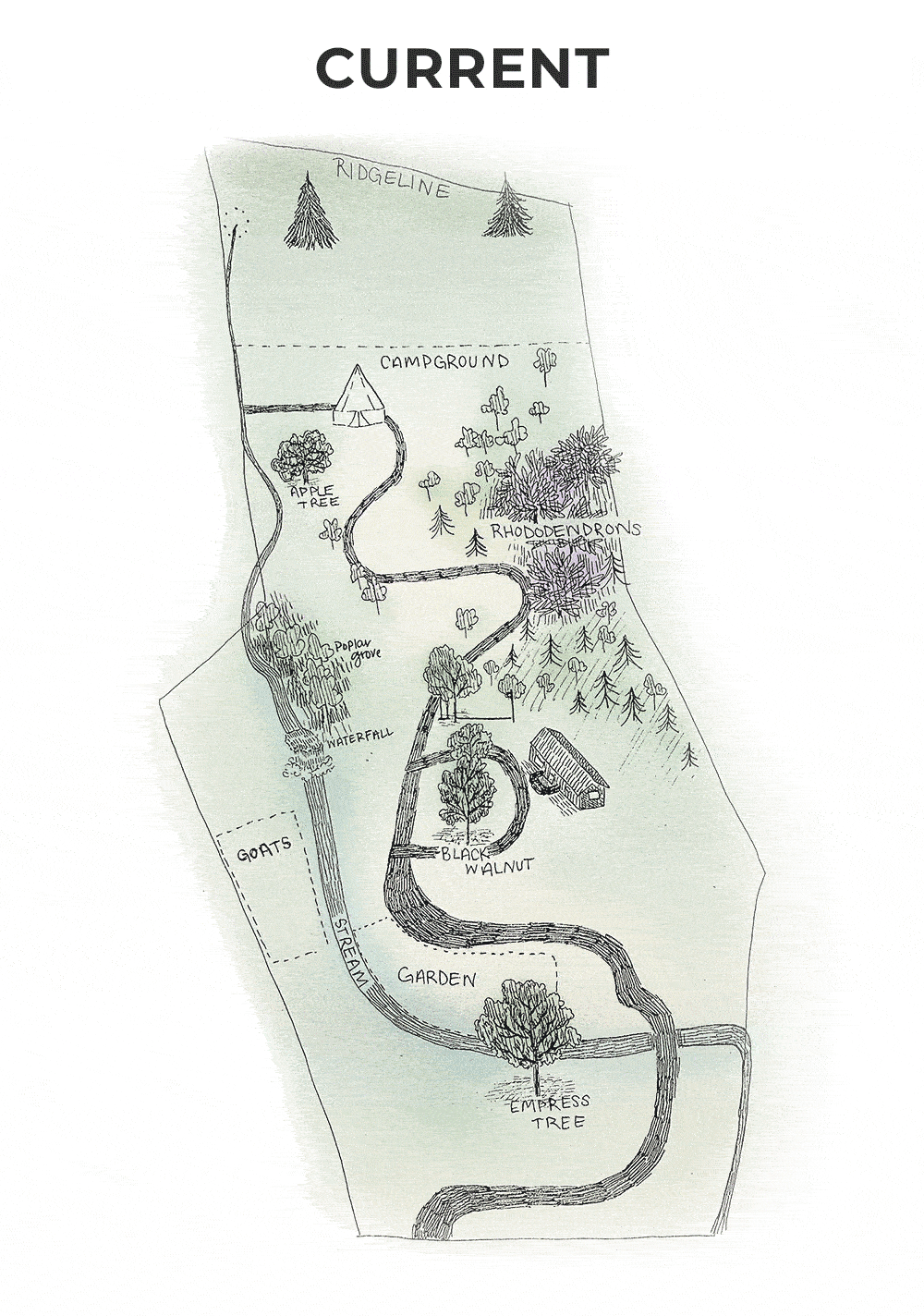
One of his dreams is to build a Walipini on his land – A walipini is an underground greenhouse that lets you grow food year-round. The name “walipini” comes from the Aymara Native American language and means “a place of warmth.” The idea was first developed in Bolivia, South America.
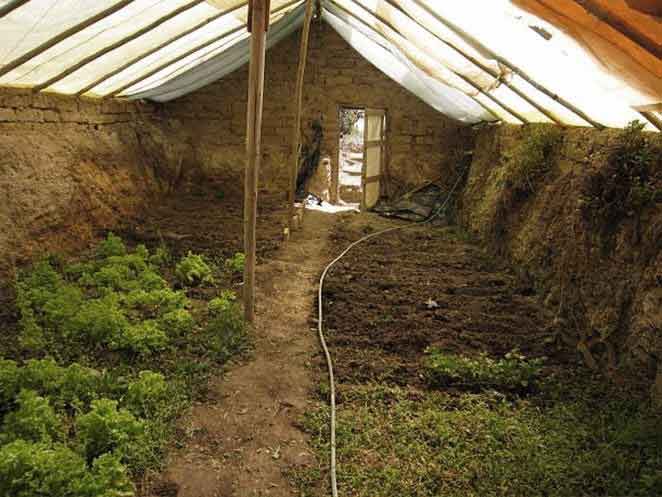
He funds his regenerative farm experiments with his body butter business that he makes himself along with other handcrafted goods.
Phillip describes himself as a combination of socialite and hermit, brave adventurer and shy home body, entrepreneur and quitter. His story is an inspiration for anyone with any background and a desire to have their own farm, even if it starts with a plant in the windowsill of an urban skyscraper.
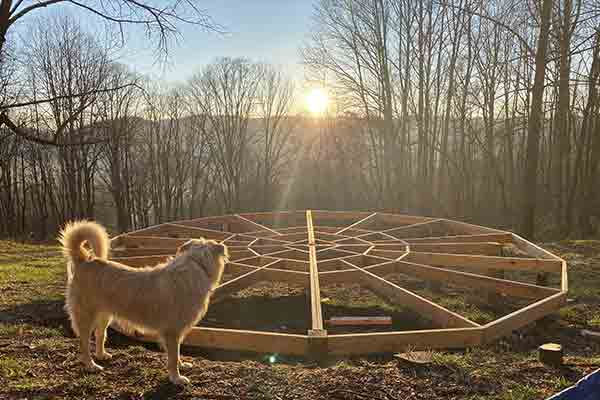

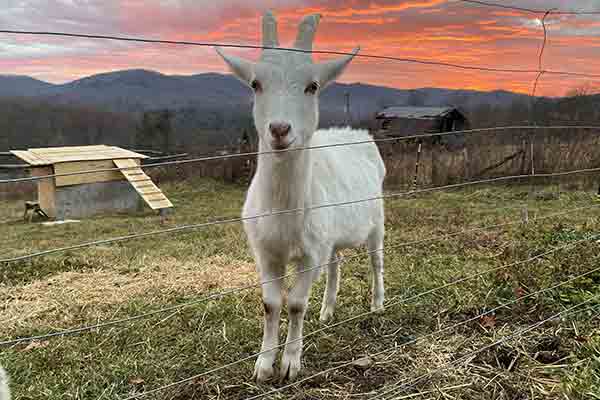
And on that note, we are heading outside to do just that.
